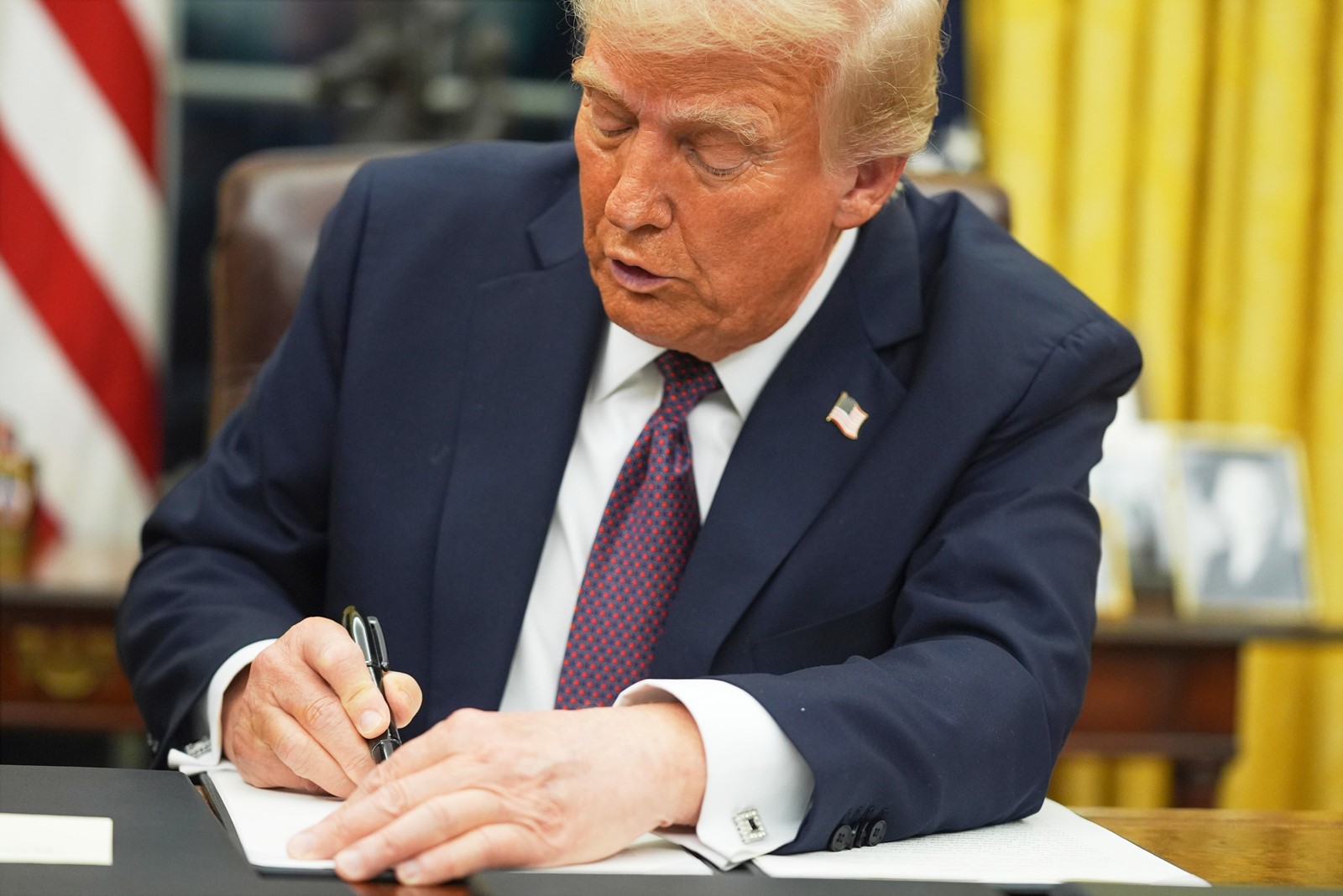
SAO PAULO — President Donald Trump’s threat to boost import taxes by 50% on Brazilian goods could drive up the cost of breakfast in the United States. The prices of coffee and orange juice — two staples of the American morning diet — could be severely impacted if there’s no agreement by Aug. 1.
Brazilian beef and regional airliners are also among the products that could be affected by Trump’s decision announced Wednesday, which Brazil’s President Luiz Inácio Lula da Silva promised on Thursday to reciprocate.
The U.S. Census Bureau said the country had a $6.8 billion trade surplus with Brazil last year.
Brazilian exporters, bodies that represent them and politicians — many of whom are friendly with former President Jair Bolsonaro, whom Trump is supporting through the tariffs — have poured criticism on Trump and urged Lula to negotiate, with coffee, beef and orange juice associations rallying to the nation’s defense.
“These new tariffs produce direct effects and hit Brazil’s agribusiness, impacting the exchange rate, in the rise of the cost of imported inputs and in the competitiveness of Brazilian exports,” Brazil’s agribusiness caucus in Congress said in a statement Thursday.
Spoiled breakfast
Lula said in interviews after Trump’s move that the U.S. had a trade surplus with the South American nation of more than $410 billion over the past 15 years, with orange juice and coffee among the few goods made in Brazil that American consumers get in huge numbers.
Americans’ coffee habit depends almost exclusively on imports. Official U.S. government data shows Brazil, the world’s top coffee producer, supplies about 30% of the American market, followed by Colombia at roughly 20% and Vietnam at about 10%. Global stocks are now low due to climate-related pressures that have recently strained coffee prices.
Marcos Matos, executive director of Cecafé, Brazil’s coffee exporters council, said the initial 10% tariff imposed by Trump in April was not as catastrophic as some of Brazil’s competitors faced even higher rates. Vietnam, for example, began with a 46% tariff, now reduced to 20%. He sees the proposed increase to 50% as a serious escalation.
Ibiapaba Netto, a director at the Brazilian association for citrus juice exporters, said both countries will suffer as Brazil has no replacement for a market that buys about 3 billion liters of its orange juice every year and the U.S. doesn’t have enough of the product at home.
“About 40% of Brazil’s orange juice exports go to the U.S. But about 60% of U.S. imports of orange juice come from Brazil. We are the biggest partner of American companies that make their breakfast juice,” Netto told the AP.
Airline maker Embraer, another Brazilian company that will be affected if the new tariffs are applied, said in a statement it is “currently assessing the potential impacts on its operations” and whether “the new measure will specifically impact the Brazilian aviation industry.” Analysts of investment manager XP estimate 60% of Embraer’s revenue depends on the U.S.
The beef sector in Brazil is also in dire straits after Trump’s announcement. Roberto Perosa, president of the Brazilian Association of Meat Exporting Industries, said he has been meeting with partners in the U.S. since Wednesday steering negotiations with the Trump administration.
Perosa said Brazil’s beef industry is not a competitor for the U.S. as the South American nation has offered high production volumes during the livestock shortage cycle in recent years, which has helped American consumers buy cheaper products.


 PREVIOUS ARTICLE
PREVIOUS ARTICLE
